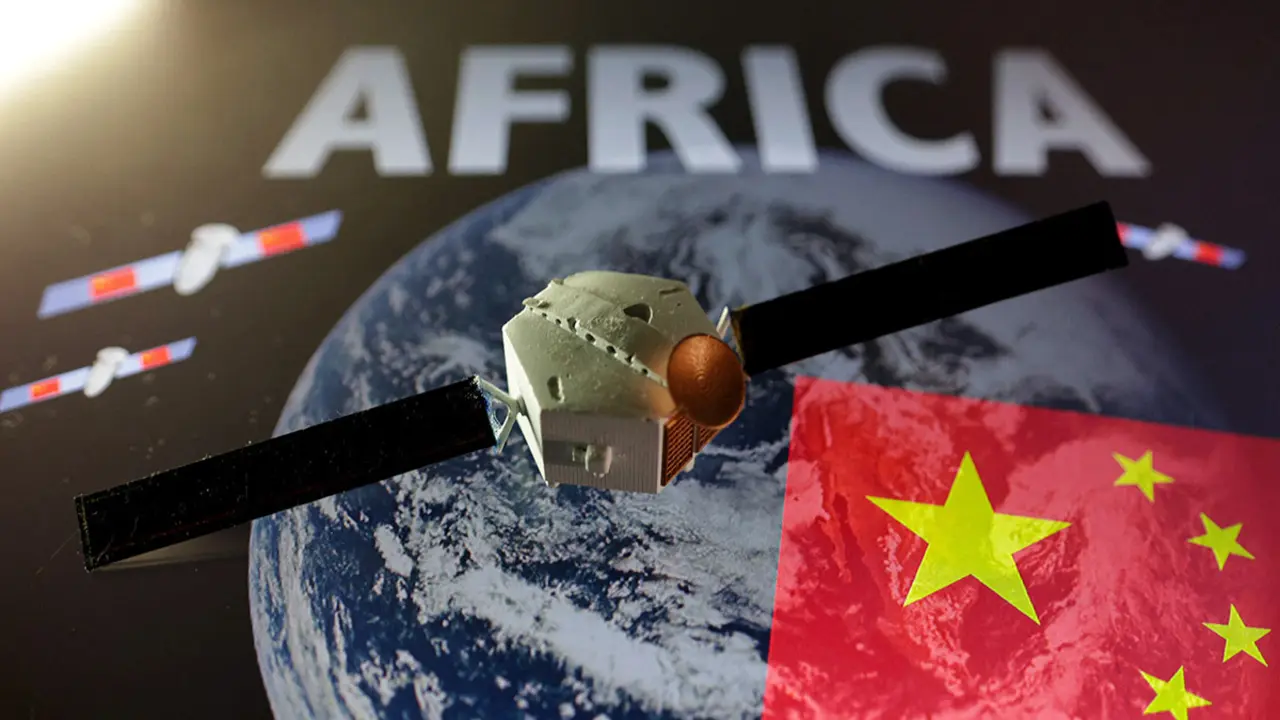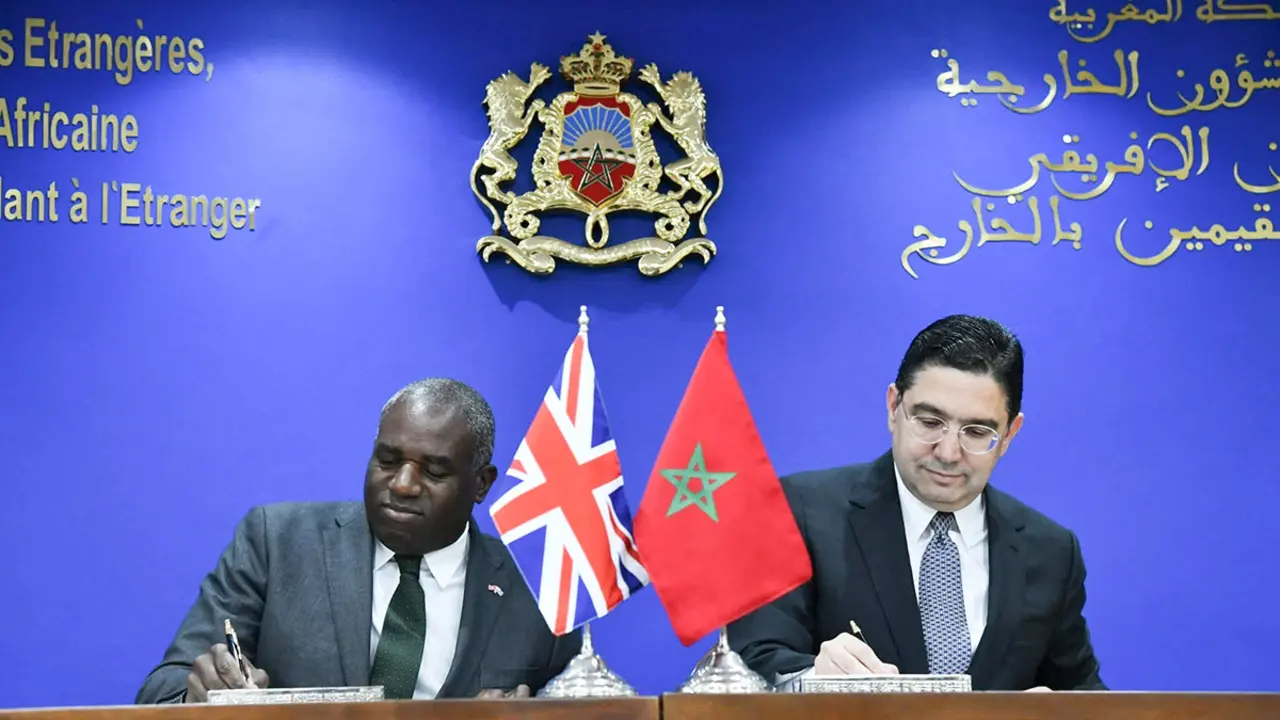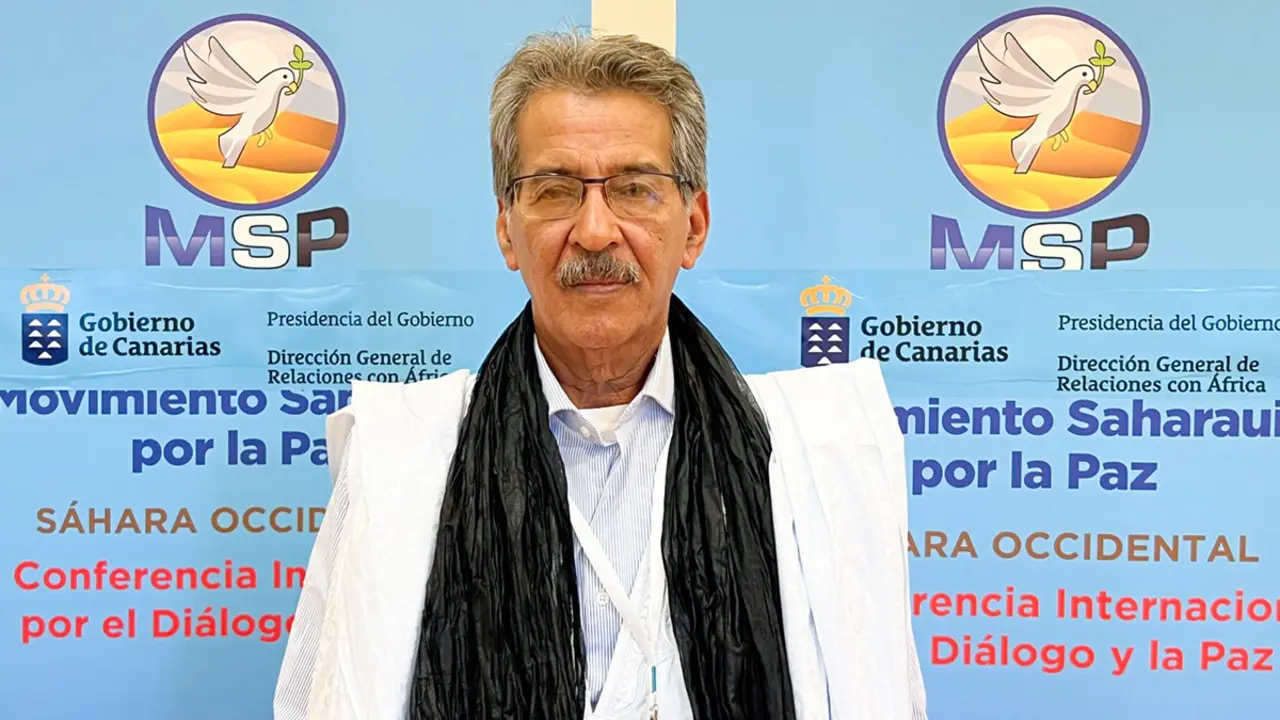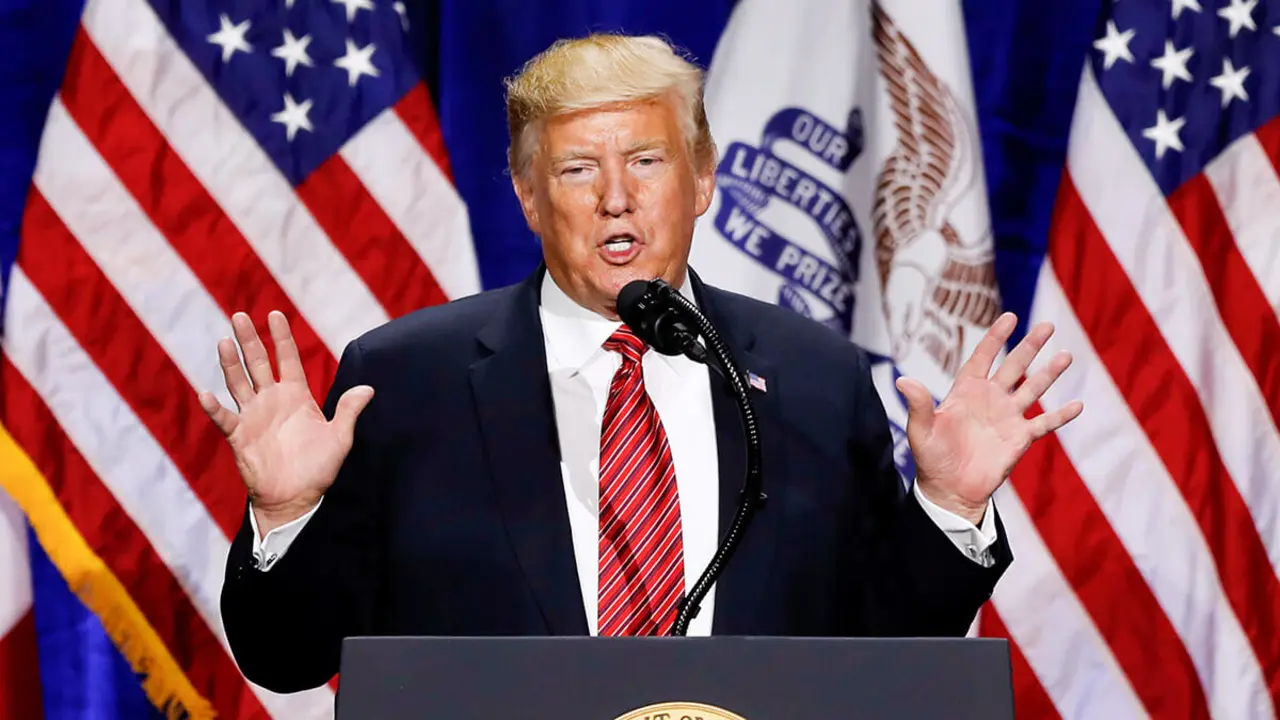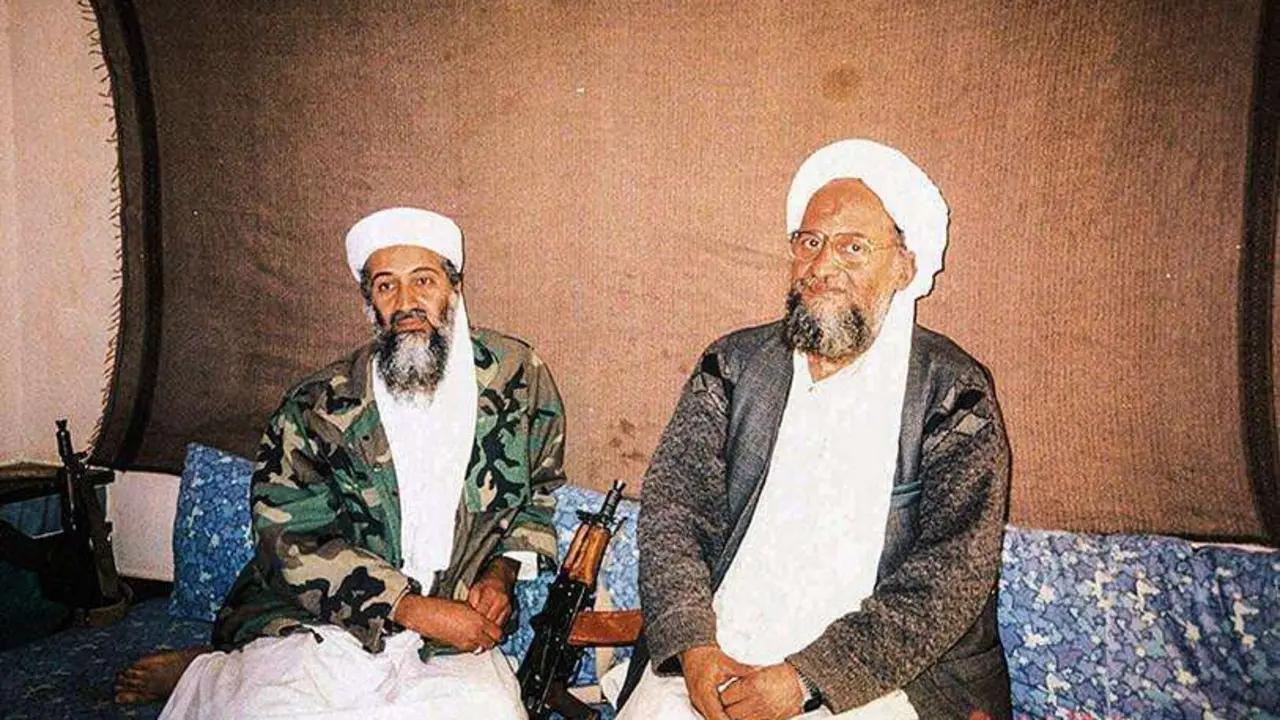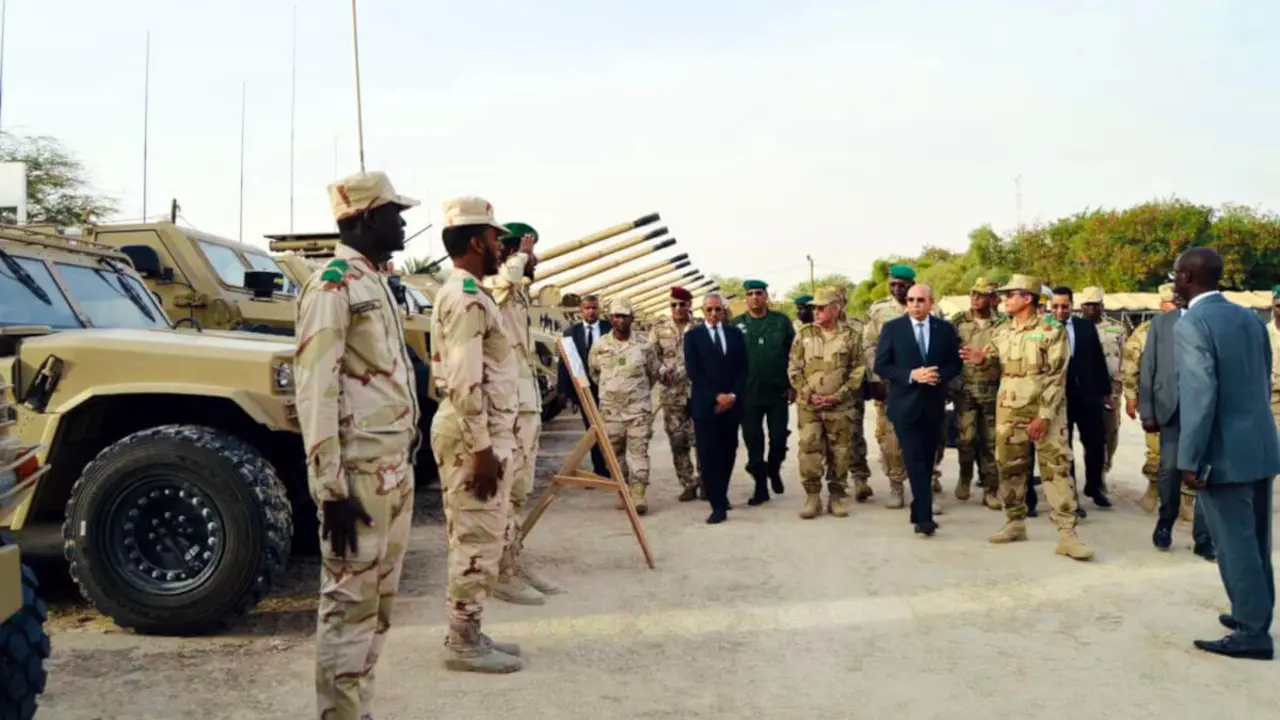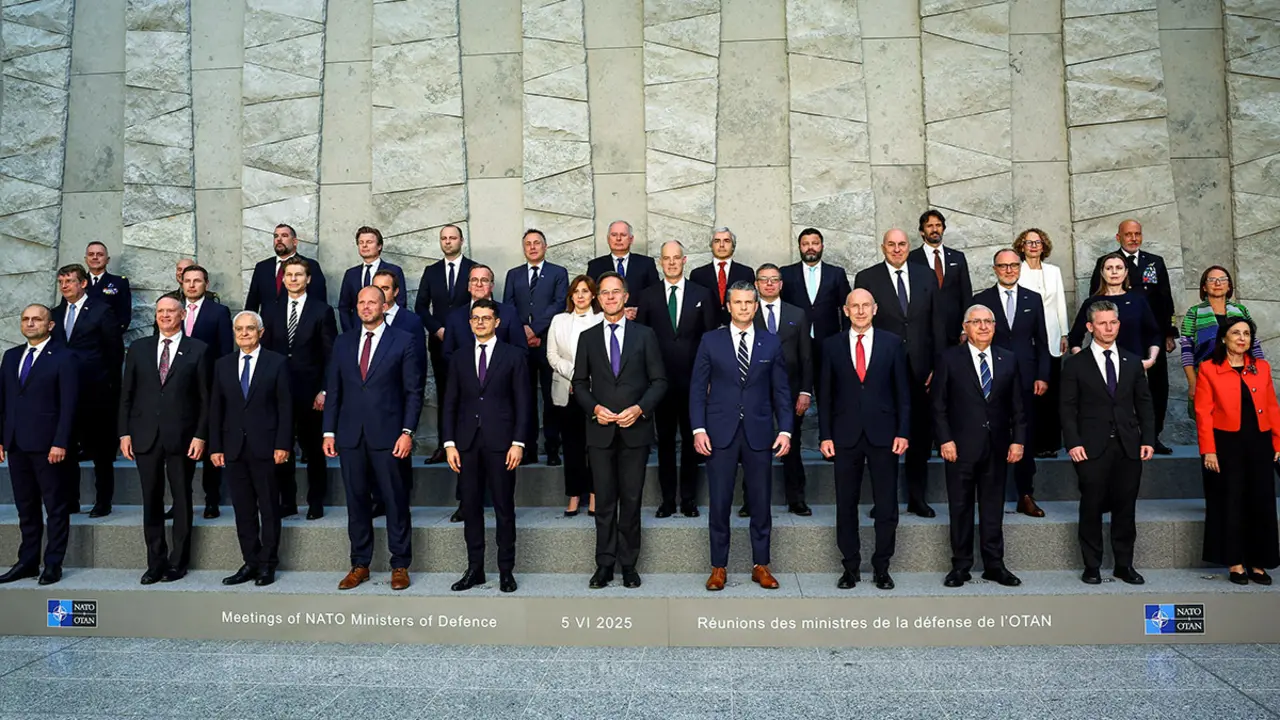Head of Saudi diplomacy visits Japan

Saudi Arabia continues to forge relations in Asia. This time in a visit to Japan by the Kingdom's Foreign Minister, Prince Faisal bin Farhan Al-Saud. He was received in Tokyo by his counterpart Yoshimasa Hayashi, and Japanese Prime Minister Fumio Kishida, with the aim of further expanding the friendly relationship as strategic partners under the name "Japan-Saudi Vision 2030".
Before discussing further cooperation between the two countries, Prince Farhan expressed condolences on behalf of the Saudi people on the death of former Prime Minister Shinzo Abe on 8 July. Kishida and Hayashi, for their part, expressed their gratitude for Prince Farhan's visit to Japan and their deep appreciation for King Salman bin Abdulaziz Al-Saud's condolence letters on Abe's passing

"Japan attaches extreme importance to its relations with Saudi Arabia. I welcome cooperation between our countries". Thus began the first meeting between the two Foreign Ministers. Hiyashi expressed gratitude for Saudi Arabia's stable supply of crude oil, calling for continued cooperation to further ensure stability in the international crude oil market and a further increase in production.
However, oil was not the only issue discussed by the two chancellors. Renewable energies, infrastructures, climate change, tourism and culture were also key points in the meeting, especially focused on the "Saudi Arabia-Japan Vision 2030".
In Farhan's meeting with Prime Minister Fumio Kishida, both agreed to further strengthen bilateral ties with the collaboration of the international community and the United Nations to work together on the main threats in Asia and the Middle East: the nuclear and missile problem and the situation in Iran and Yemen, mainly.

This meeting was highly valued by the Japan International Cooperation Agency (JICA), whose president, Akihiko Tanaka, stressed that Saudi Arabia has been and will continue to be a very important country for Japan "not only as a source of natural resources, but also as a key country in the Middle East", mentioning the importance of the World Economic Forum 2022.
In this sense, Tanaka acknowledged the work of the Gulf country for "maintaining collaborative relations, particularly in the area of technological advancement, standardisation and development". These qualities are in addition to the promotion of small and medium-sized enterprises, as well as the use of water resources in accordance with the Vision 2030 between the two countries.

JICA plans to meet with Gulf Cooperation Council countries to address key threats: Covid-19, climate change and geopolitical crises, including issues arising from the Arab Spring, stalled peace talks in the Israeli-Palestinian conflict and the impact of Russia's invasion of Ukraine.
"Our vision in working with Saudi Arabia is to create mutual benefit for a more sustainable world," Tanaka concluded. The Japan Cooperation Agency has been working with the Arab country since 1975 because of the "opportunities for cooperation" between Saudi Arabia and Japan.

